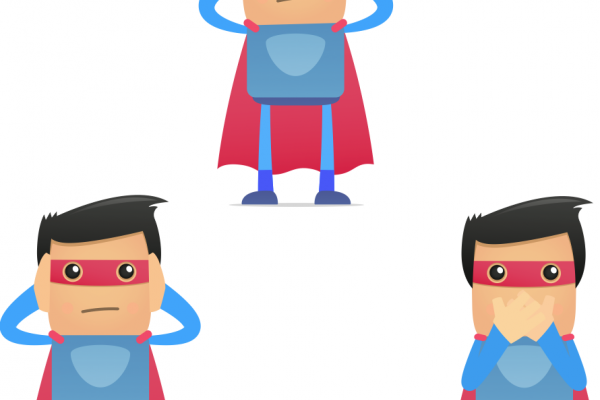I went to college thinking political activism was sexy. Living in a large city gave me unparalleled access to protests for countless good causes. Chanting at anti-war marches and getting arrested on behalf of climate change legislation would make interesting party stories, I thought. I quickly hopped on the Occupy Chicago bandwagon, a movement which calls for a more equitable wealth distribution, but whose leaders and participants were largely white college graduates. None of my organizing work focused on racial inequalities, but stayed in the realm of money in politics, equitable banking practices, and climate change.
My journey took a profound turn at an organizing training where I proudly stated I was there because my faith called me to advocate for the least of these. In response, a powerful, albeit brash, leader in Chicago’s movements angrily characterized me as an “activist do-gooder” who was fueled by the need to be a good white person. This label devastated me. I’m outspoken, passionate and willing to lead, I thought, so why can’t people see me as a resource? I took a break from the organizing world feeling disillusioned and miffed.
This attitude forced me to ask myself, why was I drawn to political activism in the first place? What was it that drew me to the movements in which I involved myself? And why was I so offended that someone had questioned my motives?
This small exchange smacked me in the face with my own privilege. I wanted to be an activist to change the world, not to change myself. I didn’t need to acknowledge my power in society to help lead Occupy. The enemies are the big bad banks, not me. Being involved in racial justice movements means being involved in a movement in which my history and institutions are the problem.
My fellow white folks, let’s be real with ourselves. We don’t need to think about race, ever. We can travel through life blissfully blind to the ways our skin color and all the baggage it represents actually propels us toward economic security and social comfort. (If you haven’t read it, I recommend Peggy McIntosh’s classic and exhaustive exploration of white privilege, Unpacking the Invisible Backpack.) Studies show that whites rarely have people of color in our social networks. This may explain the telling disparate responses between white and black people over whether Michael Brown’s killing is part of a larger pattern of police mistreatment. We rarely acknowledge our privilege, often keep people of color at bay, and certainly don’t believe their stories.
What does white solidarity with movements for racial equality look like? I’m no expert on white allyship, and I’ve made my fair share of costly and offensive mistakes. But I’ve learned that organizing for racial and economic equity requires the kind of profound trust that results from listening without pretense to people who are not white, and who are not middle class.
Activism is dangerous work, especially for people of color. If you’re skeptical, read the recent tweets by organizers and writers Shaun King and Deray Mckesson describing the racially charged death threats they receive almost daily. This work, which is deeply threatening yet simultaneously deeply life-giving, can be crippled by shallow, overly enthusiastic people like me who buy into the white savior complex of mainstream movements. Sacrificial, nonviolent resistance requires a somber devotion that comes not from reading The Help or seeing Cornel West speak, but from catching a glimpse of the pain that comes from systemic oppression. This glimpse, I believe, can only happen justly in the context of trusting relationships.
I am a self-identifying but recovering activist do-gooder. I am still an activist, but I’ve repositioned myself as a student of the movement rather than its leader. My friends continuously remind me that I’m not the point of the story. And I’m deeply indebted to them, as well as the organizing trainer, for waking me up from a life of easy answers and hollow solidarity.
My white sisters and brothers, I implore us to listen more, and when it gets painful, listen harder. Remember that we as individuals are not the enemies, but as individuals we often act in ways that make us seem like we are, so take criticism to heart. Do not fall into the trap of listening only to those people of color who fit into your model of respectability. Welcome anger at oppression; do not be afraid of it. Listen, but never stop there. Be willing to be changed by the stories of your friends, and be willing to be vulnerable in return.
While the focus of our political efforts is systemic change, if we are to do the hard work of building a movement, we must be an example of truthful listening and interconnectivity. Radical activism compels us to be bound together communally in the struggles of our sisters and brothers. While this interconnection is no easy task, it is also not optional. All of our liberation depends on it.
Charissa Laisy is Mobilizing Assistant for Sojourners.
Got something to say about what you're reading? We value your feedback!
